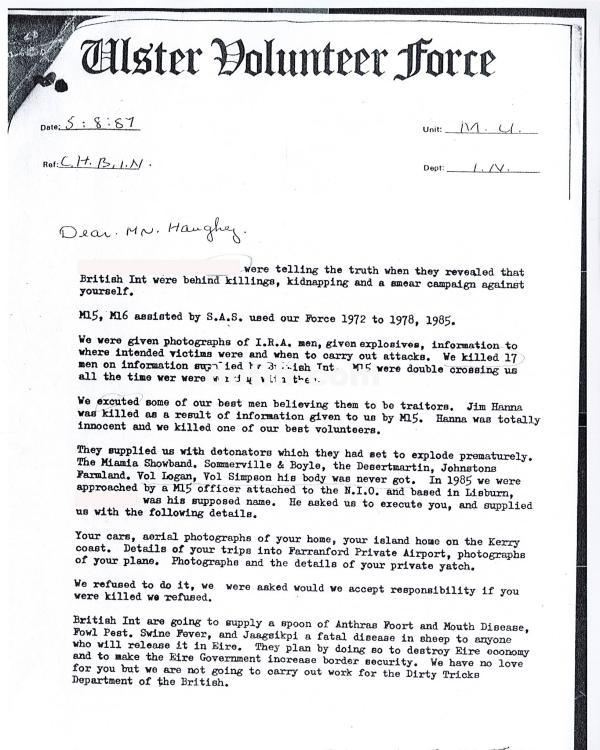There was once a young man who was a good man. He was successful and wealthy. He did what was right, followed the rules and stayed true to his faith. He went to a respected teacher and asked him what to do to have eternal life. This Teacher told him to sell all his possessions, give to the poor and to follow him.
So this young man took his billions and gave it away over and over again.
No that’s not what happened. But
Chuck Feeney’s Philanthropic Motivation
Good news travels fast, and the story of Chuck and Helga Feeney’s philanthropy is a great example. Many newspapers began the year by telling the story of how, over the last decade or so, the Feeneys gave away about 99% of their vast fortune; that’s about eight billion dollars to charities like the Red Cross, a Vietnamese hospital, and Irish universities, and to causes such as abolishing the death penalty.
His parents were blue-collar Irish in New Jersey, scrambling to make a go of it, but generously sharing whatever they had with their neighbors. They lived their faith and walked the talk – Chuck’s mother was especially known for outgoing compassion and hospitality. Chuck’s Catholic schooling was apparently one that imparted values such as generosity. Starting with nothing, he knew what it was to work for his weekly check, and his eventual vast net worth was self-made.
But none of this can really explain why it suddenly hit him, years ago, that every human being counted just as much as he did, and that to raise his children as spoiled rich kids was to ruin their souls and set them up for potential mental illness. Soon after this revelation, he began to combine charity and peacemaking, in one instance becoming highly involved in the peace agreement reached by the IRA and other parties after the devastating 1987 bombing at Enniskillen that left many innocent people dead.
At the age of eighty-five, Chuck no longer sees any need for extravagant expenditures and in fact, he has almost never been comfortable with self-indulgent luxury. Word is that he owns just one pair of shoes, no car, and rarely dines out. He expects his children to make their own way and has never thought it healthy or just to dump huge sums of inheritance upon them. He makes other billionaires look foolish, vain, and insecure by declining to name any of his projects after himself or his relatives.
What’s most amazing is the peace and tranquility he has about the whole thing. Although he worked hard, he doesn’t swagger like he deserves his fortune. There is a serene and happy detachment about him that seems to say, “Even what I call my own is not really my own; it is here for the common good.”

Simon Mercer enjoying a vigorous coffee break discussion.
So much of “giving” comes with strings attached. We expect praise, adulation, or perks in return for our generosity. The Feeneys offer a refreshing alternative which, rich or poor, we can all emulate. They seem relieved to divest themselves of their fortune. They’ve done it as much for their sanity, and for peace of heart, soul, and mind, as for the recipients of their generosity.
Do I have this detachment? I’m not rich, but my pet projects, ideas, and strong opinions can weigh me down at times and separate me from fellow travelers on this planet. These separations are the root of all unhappiness. And we can’t take anything with us when we “cross the Jordan.”
Perhaps the Feeneys are living in the light of this reality. Perhaps this is why they seem to avoid the narcissistic, petulant egoism that affects the vast majority of us, rich and poor alike. Perhaps we – no matter how much or how little we have to give – should do the same.


